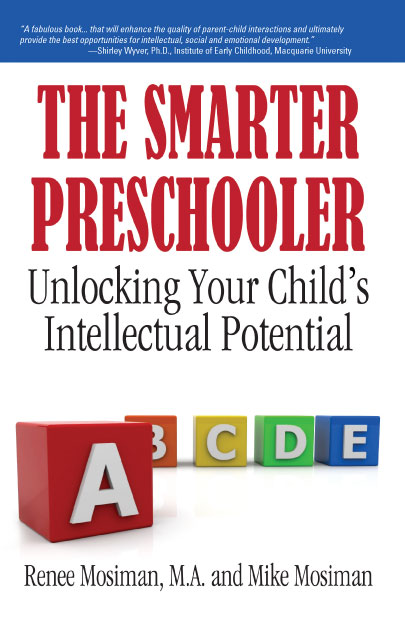This helpful book serves to reassure parents who are anxious about their preschool child's academic future. It takes a developmental approach that encourages parents to interact more with their child in ways that will stimulate growth in specific areas like reading and math as well as social and physical skills. It shows the important role of active play in a child's life and how things like TV and video games can have a negative effect on the intellect.
Plenty of practical suggestions and resource recommendations show parents how to create an intellectually stimulating environment at home that promotes healthy academic, social, physical, and emotional development. The authors back up their conclusions with research and make a good case for more parental involvement in a "whole child" approach rather than emphasizing early academics.
The authors intent is to provide suggestions that parents can use as they work with their own child. However, they do include a discussion of the pros and cons of preschool programs: studies on their effectiveness, reasons why parents might send children to preschool, and reasons why they might choose not to send them.
The authors have two sons of their own, and they combine observations of their own children with their research. The result is a very practical book rather than a clinical, theoretical approach. This book should appeal most to first time parents and especially those facing outside pressure to take a strongly academic, heavily scheduled approach with their young child.








